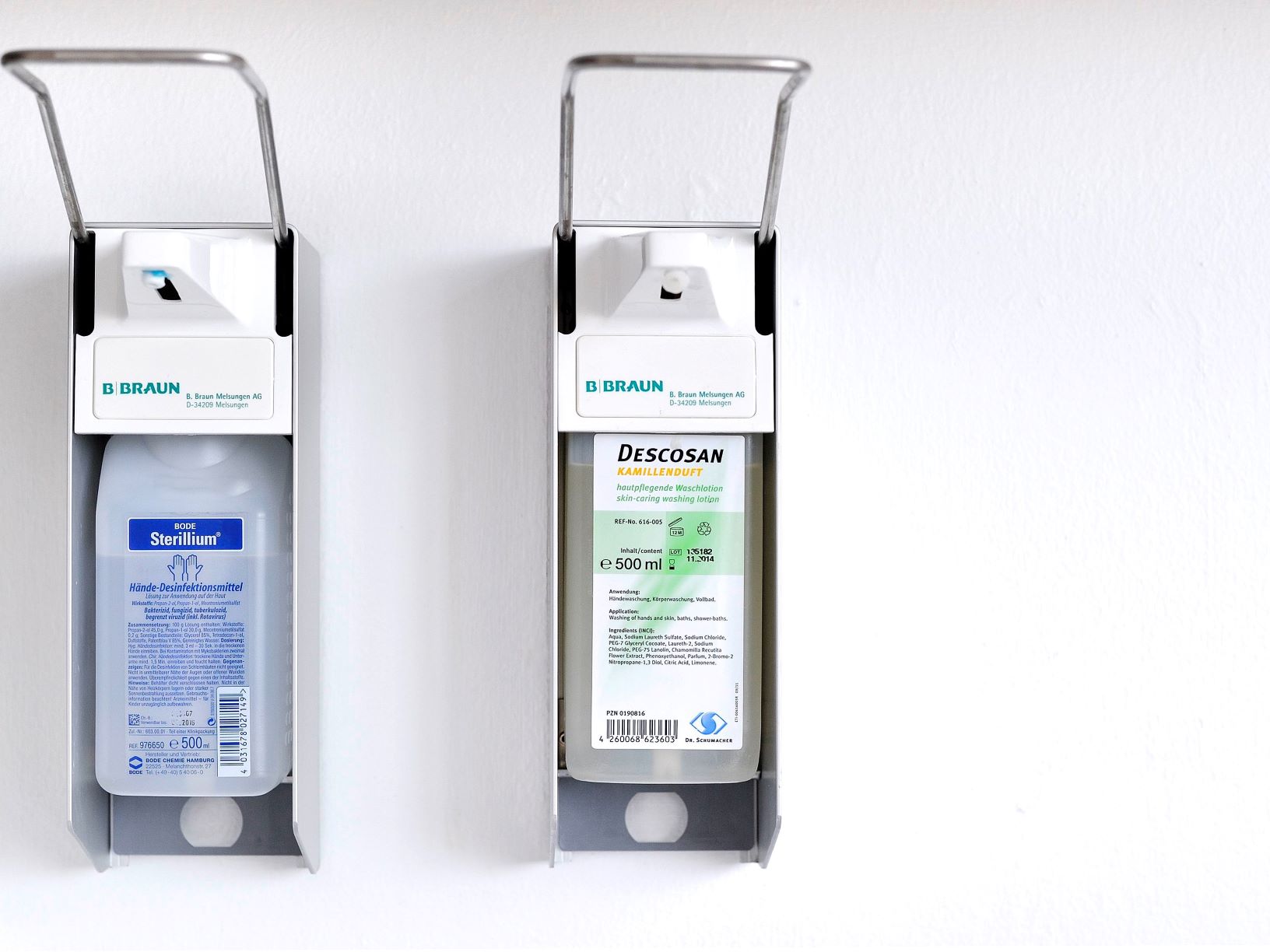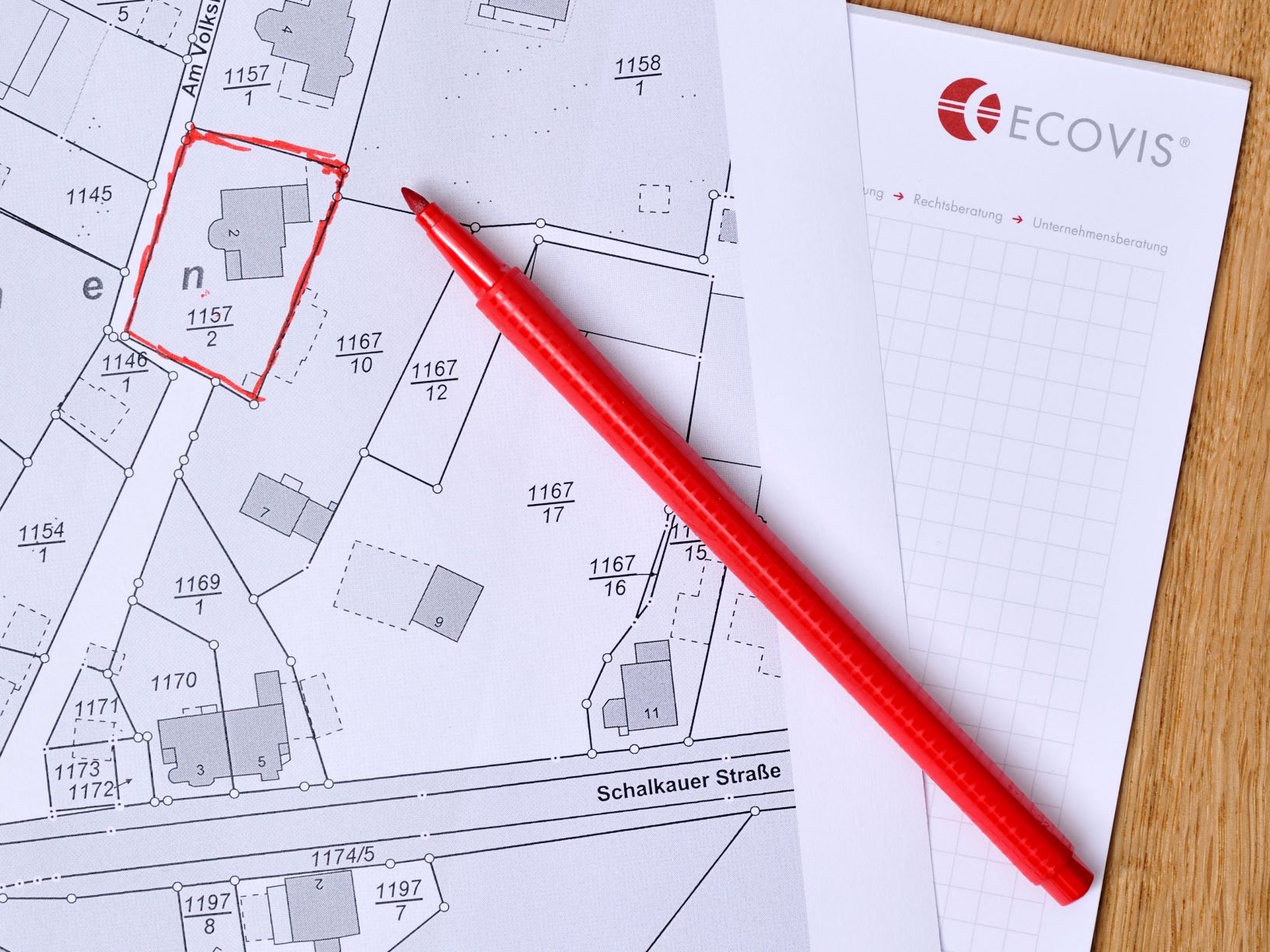The possible changes in the Airbnb legislation in the Czech Republic in the year 2020
The possible changes in the Airbnb legislation in the Czech Republic in the year 2020
In 2020, two bills were submitted to the Czech Chamber of Deputies to regulate the Airbnb and other similar short-term accommodation platforms. There is currently no legal regulation on short-term accommodation in the Czech Republic in place. First of the proposals is the proposal of the Prague City Council for the issuance of an Act amending Act No. 455/1991 Coll. on Trade Licensing (Czech Trade Licensing Act), as amended, and the second second proposal of members of the Czech Chamber of Deputies Messrs. Petr Dolínek, Jan Hamáček, Jan Birka, Alena Gajdůšková and others for the issuance of an Act on the conditions for providing shared accommodation remotely via digital platforms..
Reasons for the new regulation of Airbnb and short-term accommodation in the Czech Republic
Both bills confirm the fact that regulation in the area of short-term accommodation in the Czech Republic is necessary. The explanatory memoranda cite as one of the reasons the reduction in the availability of housing for citizens, especially in larger cities, where this system of short-term accommodation is most used. In particular, the proposal of the Prague City Council justifies this by factual findings that because of the adoption of a state of emergency and measures to combat the Covid-19 pandemic, the sale of short-term accommodation services was reduced in spring 2020 and the number of offers to rent apartments on rental portals increased.
Another problem that the new regulation should solve is the impact on municipal and state budgets. In the explanatory memorandum to their proposal, the members of the Czech Chamber of Deputies promise that the new regulation would bring the City of Prague CZK 100 million in local fees and CZK 460 million in tax income alone.
The third reason is the change in the character of residential zones traditionally intended for long-term accommodation. The provision of these services has been criticised for a long period of time, especially in connection with the negative effects that excessive turnover of people brings, in particular noise, emissions, disrupted neighbourly relations and the emptying of city centres from the permanent population.
The reason is, of course, the levelling of unequal conditions in relation to the hotel industry, which is much more demanding in this context, for example by being subjected by the state to business control and compliance with hygiene and other regulations.
The last reason stated is the security risk, as shared accommodation is not yet subject to any registration and can be easily misused by criminals.
Both bills confirm that the aim of the regulation is not to ban and restrict the provision of shared accommodation, but mainly to define the legal framework for its provision.
Bill of the Prague City Council to change the Trade Licensing Act and adjust the conditions of short-term accommodation by a municipal regulation
Prague City Council has decided to propose the regulation of the Airbnb and short-term accommodation by amending the Czech Trade Licensing Act. The Municipalities should be authorised by the Czech Trade Licensing Act to issue municipal regulations, which may stipulate the period in which accommodation services in apartment buildings, family houses or buildings for family recreation are prohibited, and the conditions under which such accommodation may be provided at all. According to this bill, all regulation would be based on the rules implemented by the municipality concerned. A person providing shared accommodation in this way would be considered as an entrepreneur.
Bill of the members of the Czech Chamber of Deputies for the issuance of an Act on the conditions for the provision of shared accommodation via digital platforms
The bill of the members of the Czech Chamber of Deputies intends to address the issue of short-term accommodation with a completely new special Act. In thirteen sections, the bill on the conditions for the provision of shared accommodation in a distance manner via digital platforms regulates the definition of new concepts and obligations of the parties.
Even on the basis of this bill, the property owner would also be considered an entrepreneur under the Czech Trade Licensing Act, if he/she provides services for more than 30 days a year, or with the intention to provide them for more than 30 days, even if the house or apartment he/she uses himself at the same time. In the event that the accommodation would last longer than 60 days for one accommodated person, the rent adjustment according to the Czech Civil Code would still apply. Cases that do not fall within any of such limit would still remain unregulated.
According to this bill, the property owner would have new obligations, in particular the obligation to issue a set of rules of the shared accommodation, in which the landlord would acquaint the accommodated persons (tenants) with defined parts of the house or apartment intended for guests, rules of the shared accommodation, restrictions on the number of people sharing the accommodation and restrictions on the accommodation period. Also, in the case of units in housing co-ownership, the regulations would have to contain a notice of approval of these regulations by other unit owners.
The property owner would also have to collect spa and other local fees, which he would then transfer to the relevant municipality. The landlord would also have to report the accommodation of foreigners to the foreigner police and to keep a book of accommodated persons, which he would have to keep for 6 years since the provision of data.
According to the new bill, the accommodated person (tenants) should observe the contractual obligation and would be liable for it to the landlord, who would then correspond to the other inhabitants of the affected property. For violating these conditions, the property owner as the landlord would face a fine of up to CZKfifty thousand Czech crowns. According to the explanatory notes, the property owner should collect a refundable deposit in advance as an incentive to comply with the rules. Alternatively, the property owner should be entitled to recover damages.
This bill also envisages that municipalities will be able to set condition of the shared accommodations and impose additional conditions or even ban them in cases of repeated breaches of conditions. The municipalities should impose the essential requirements and requirements of the municipality by issuance of the order of the accommodation.
Finally yet importantly, the bill would now grant authorisation to other members of the community of owners of units and cooperatives, who could thus by a resolution prohibit the provision of accommodation services in cases of violation of stipulated conditions. They could also request that the accommodation rules include provisions for their protection.
According to this bill, the platforms through which such accommodation services are arranged should be considered merely as intermediaries and should not be relevant in the context of the provision of services.
The future of Airbnb and other short-term accommodation in the Czech Republic
Both bills for the legal regulation of short-term accommodation in the Czech Republic are based on the experience of other states, especially the states of the European Union, which already regulate this type of services in their territory in certain way. The first bill of the Prague City Council is inspired by Berlin in particular, where these services are banned and would allow Czech municipalities to go in this direction. The bill of the members of the Czech Chamber of Deputies is inspired by states that have opted for a more lenient solution and sets the conditions for a level playing field in the provision of accommodation services, but at the same time, it is not intended to allow it to be completely limited from the beginning. In both cases, the new bills would bring a certain regulation to an area that completely lacks any legislation in the Czech Republic.
Without any adequate Czech legislation, it can be assumed that eventually, the affected Czech citizens or apartment owners in apartment buildings in Czech Republic used for Airbnb and short-term accommodation, as well as the state authorities such as building and trade licensing authorities will continue their own efforts to limit and ban the Airbnb and other short-term accommodation in the Czech Republic.
The first of the successful attempts was a publicly known case of the not yet final and binding judgement concerning the judicial review of the prohibition and restriction of the short-term leases in the articles of association of unit owners. In its resolution of 21st November 2019, file no. 80 Cm 8/2018 the Municipal Court in Prague dealt with the review of the decision of the meeting of unit owners on the amendment of the articles of association, which was submitted by the owner of the unit used for short-term lease. The court did not declare the amendment to the statutes illegal with reference to the general provisions of Section 1194 and Section 1175 Czech Civil Code, but it is not yet known, whether the decision is final or not and whether it will be one of the possible ways to reduce short-term accommodation.
Another master case is the procedure of the building authority of the District of Prague 1, which, in its summon of 29th June 2020, called on the owners of units used for rent for Airbnb to discontinue the unauthorised use of the flats. However, the further procedure of the building authority and possible negative consequences for the property owners of these housing units remain unknown.
For more information, contact us at:
JUDr. Mojmír Ježek, Ph.D.
ECOVIS ježek, advokátní kancelář s.r.o.
Betlémské nám. 6
110 00 Praha 1
e-mail: mojmir.jezek@ecovislegal.cz
www.ecovislegal.cz
About ECOVIS ježek advokátní kancelář s.r.o.
The Czech law office in Prague ECOVIS ježek practices mainly in the area of Czech commercial law, Czech real estate law, representation at Czech courts, administrative bodies and arbitration courts, as well as Czech finance and banking law, and provides full-fledged advice in all areas, making it a suitable alternative for clients of international law offices. The international dimension of the Czech legal services provided is ensured through past experience and through co-operation with leading legal offices in most European countries, the US, and other jurisdictions. The Czech lawyers of the ECOVIS ježek team have many years of experience from leading international law offices and tax companies, in providing legal advice to multinational corporations, large Czech companies, but also to medium-sized companies and individual clients. For more information, go to www.ecovislegal.cz/en.
The information contained on this website is a legal advertisement. Do not consider anything on this website as legal advice and nothing on this website is an advocate-client relationship. Before discussing anything about what you read on these pages, arrange a legal consultation with us. Past results are not a guarantee of future results, and previous results do not indicate or predict future results. Each case is different and must be judged according to its own circumstances.














